How long will it take Florida to recover after Hurricane Ian?
The storm slammed the state's southwestern coast with 150 mph winds and catastrophic flooding

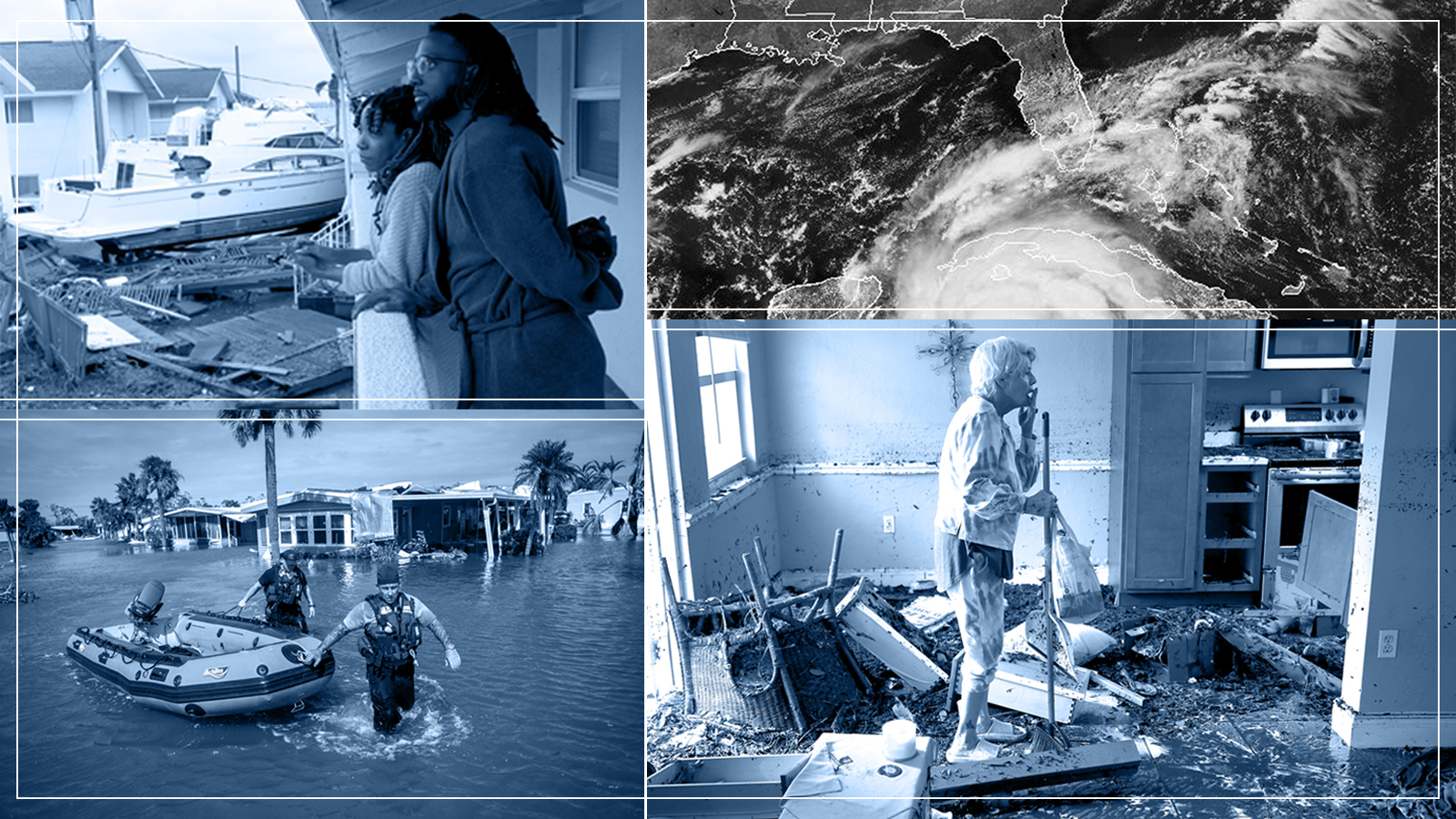
A free daily email with the biggest news stories of the day – and the best features from TheWeek.com
You are now subscribed
Your newsletter sign-up was successful
After crashing into Cuba, Hurricane Ian slammed into Florida's southwestern coast on Wednesday afternoon as a Category 4 storm with 150 mph winds. The hurricane caused catastrophic flooding and destruction across the state, decimating homes and businesses in some of Florida's fastest-growing cities, including Fort Myers. Residents are now picking up the pieces and starting the first steps towards rebuilding. Here's everything you need to know:
How destructive was Hurricane Ian in Florida?
Ian barreled into Florida as a powerful Category 4 hurricane, bringing extreme winds, heavy rain, and historic storm surge. Several towns have reported widespread destruction; in the Fort Myers area, piles of debris mark where houses and businesses used to stand, while damaged boats float near mangled docks and downed trees block roadways. Mobile home parks were hit especially hard, as were piers, bridges, and other infrastructure; a section of the Sanibel Causeway fell into the sea, cutting off access to Sanibel Island.
Florida Gov. Ron DeSantis (R) said on Thursday afternoon that search-and-rescue teams, the U.S. Coast Guard, and the National Guard conducted at least 700 rescues of people stranded or otherwise in need of assistance, with most of the operations being by air. As of Friday, the death toll from the hurricane stands at 21.
The Week
Escape your echo chamber. Get the facts behind the news, plus analysis from multiple perspectives.

Sign up for The Week's Free Newsletters
From our morning news briefing to a weekly Good News Newsletter, get the best of The Week delivered directly to your inbox.
From our morning news briefing to a weekly Good News Newsletter, get the best of The Week delivered directly to your inbox.
How long might it take for Florida to recover?
It will likely take several years. While it's clear that Ian caused severe flooding and a life-threatening storm surge, experts say it will take weeks, or even months, to fully measure rainfall and flooding totals and know the extent of the damage. On top of that, insurance adjusters will have to complete their inspections of lost and damaged property. The Orlando Sentinel reports that early estimates by catastrophe risk modelers project the insured losses in Florida, not including National Flood Insurance Program claims, will range from $30 billion to $50 billion.
Will insurance cover everything?
As the Sentinel explains, property insurance "only covers water damage from hurricanes when heavy rains drive the water into a building." When there is a storm surge, and water enters a building from below, that's only covered by flood insurance. In Florida, just 13 percent of homeowners have flood insurance, the Insurance Information Institute says, and those without it will have to pay for repairs themselves. "These people, many of them believe that their homeowners' insurance policy will cover them," Nancy Watkins, principal and consulting actuary at Milliman, told The New York Times. "Or they might think that federal disaster aid is going to swoop in and make them whole."
Is there help for Floridians who don't have insurance?
The Federal Emergency Management Agency (FEMA) does offer emergency grants, but aid is limited to less than $40,000, the Times reports; that's enough to pay for temporary housing in a hotel or cover basic repairs, but not enough to cover the entire loss of a home. Congress has the power to give funding to the Department of Housing and Urban Development for Disaster Recovery grants, which go to states to pay for the rebuilding of homes. This is typically a slow process, the Times says, and it can take several years before residents see any money.
How will this compare to other hurricane recovery efforts?
Since 1851, when record-keeping on hurricanes began in Florida, only 15 Category 4 or 5 hurricanes have hit the state. The National Oceanic and Atmospheric Administration (NOAA) says that 1992's Category 5 Hurricane Andrew was the strongest storm to ever slam into southern Florida. The worst damage was in Homestead, where more than 99 percent of mobile homes were completely destroyed, NOAA said. Andrew caused about $26 billion in damages, having destroyed more than 25,000 homes and damaged 100,000 others. This hurricane changed the landscape in many ways, and not just because it wiped out entire neighborhoods. Many residents decided to move away from Florida rather than rebuild, and the state government passed laws that curbed price gouging and overhauled building codes.
A free daily email with the biggest news stories of the day – and the best features from TheWeek.com
There are some similarities between Ian and 2004's Hurricane Charley — both made landfall in the afternoon near Cayo Costa as Category 4 storms with 150 mph winds. Ian, however, was almost double Charley's size, and moved slower. Charley left 10 people dead in the United States and caused an estimated $6.8 billion in damages in Florida, North Carolina, and South Carolina.
Catherine Garcia has worked as a senior writer at The Week since 2014. Her writing and reporting have appeared in Entertainment Weekly, The New York Times, Wirecutter, NBC News and "The Book of Jezebel," among others. She's a graduate of the University of Redlands and the Columbia University Graduate School of Journalism.
-
 The ‘ravenous’ demand for Cornish minerals
The ‘ravenous’ demand for Cornish mineralsUnder the Radar Growing need for critical minerals to power tech has intensified ‘appetite’ for lithium, which could be a ‘huge boon’ for local economy
-
 Why are election experts taking Trump’s midterm threats seriously?
Why are election experts taking Trump’s midterm threats seriously?IN THE SPOTLIGHT As the president muses about polling place deployments and a centralized electoral system aimed at one-party control, lawmakers are taking this administration at its word
-
 ‘Restaurateurs have become millionaires’
‘Restaurateurs have become millionaires’Instant Opinion Opinion, comment and editorials of the day
-
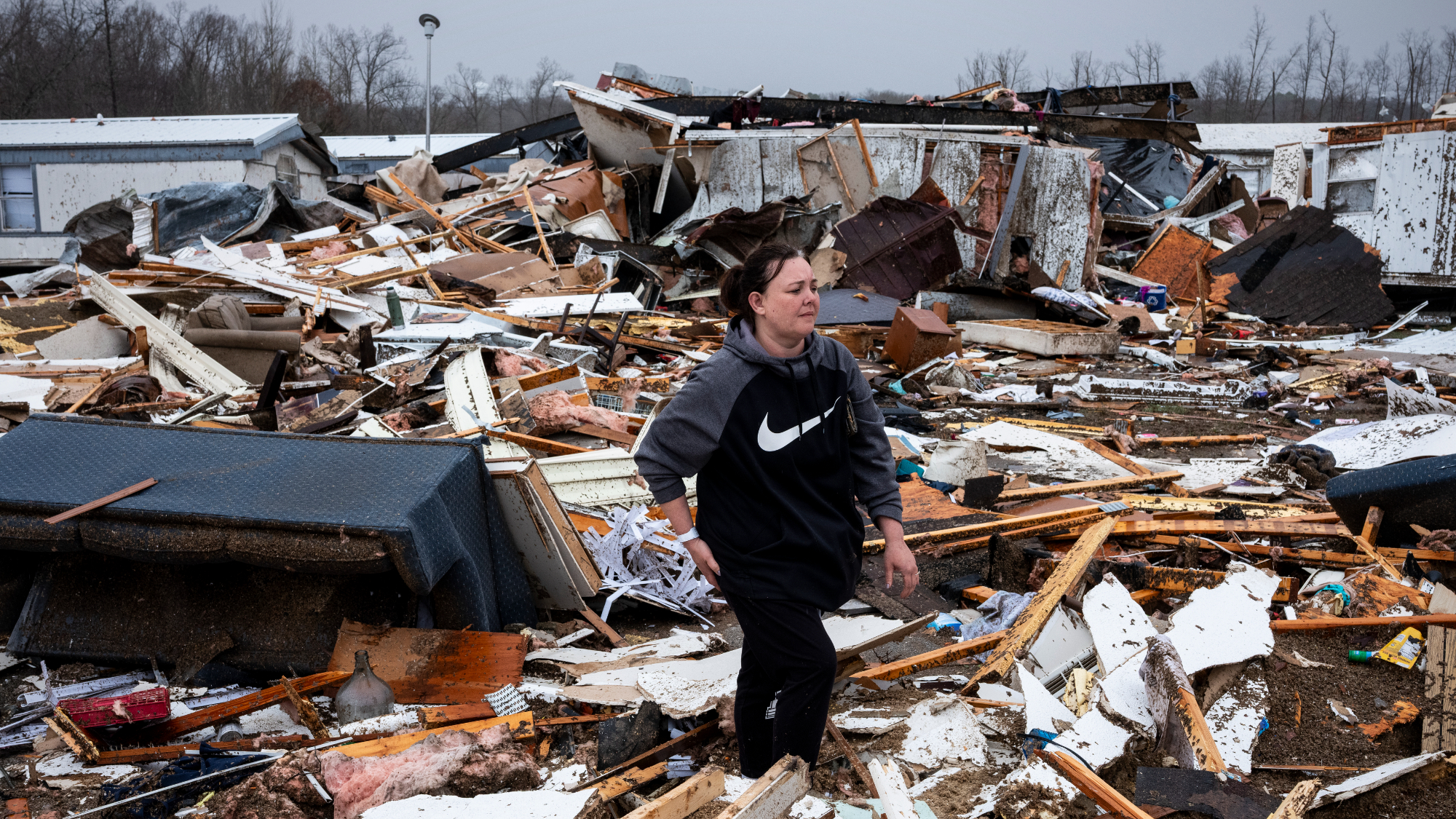 Severe storms kill dozens across central US
Severe storms kill dozens across central USSpeed Read At least 40 people were killed over the weekend by tornadoes, wildfires and dust storms
-
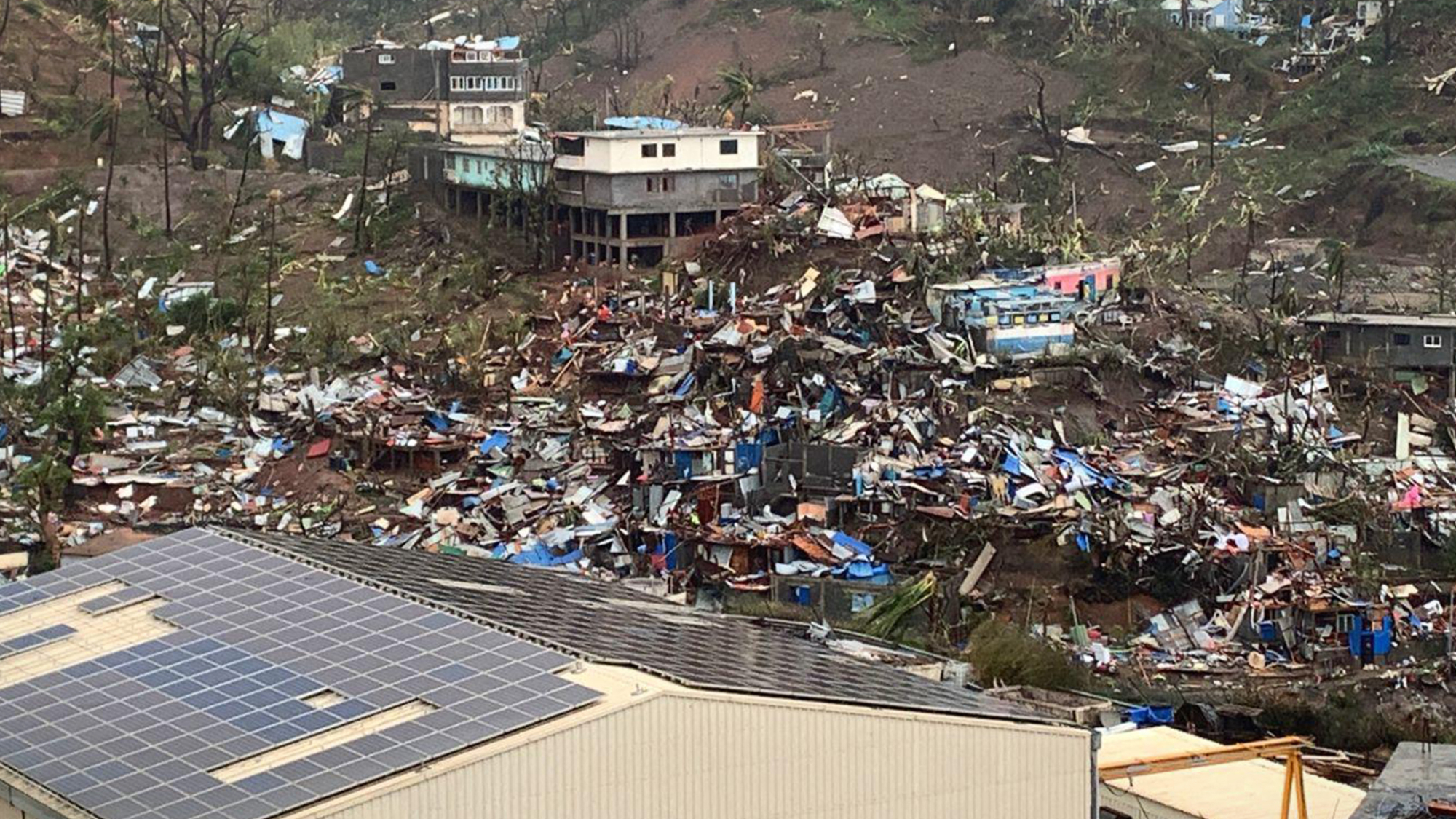 Hundreds feared dead in French Mayotte cyclone
Hundreds feared dead in French Mayotte cycloneSpeed Read Cyclone Chido slammed into Mayotte, a French territory in the Indian Ocean
-
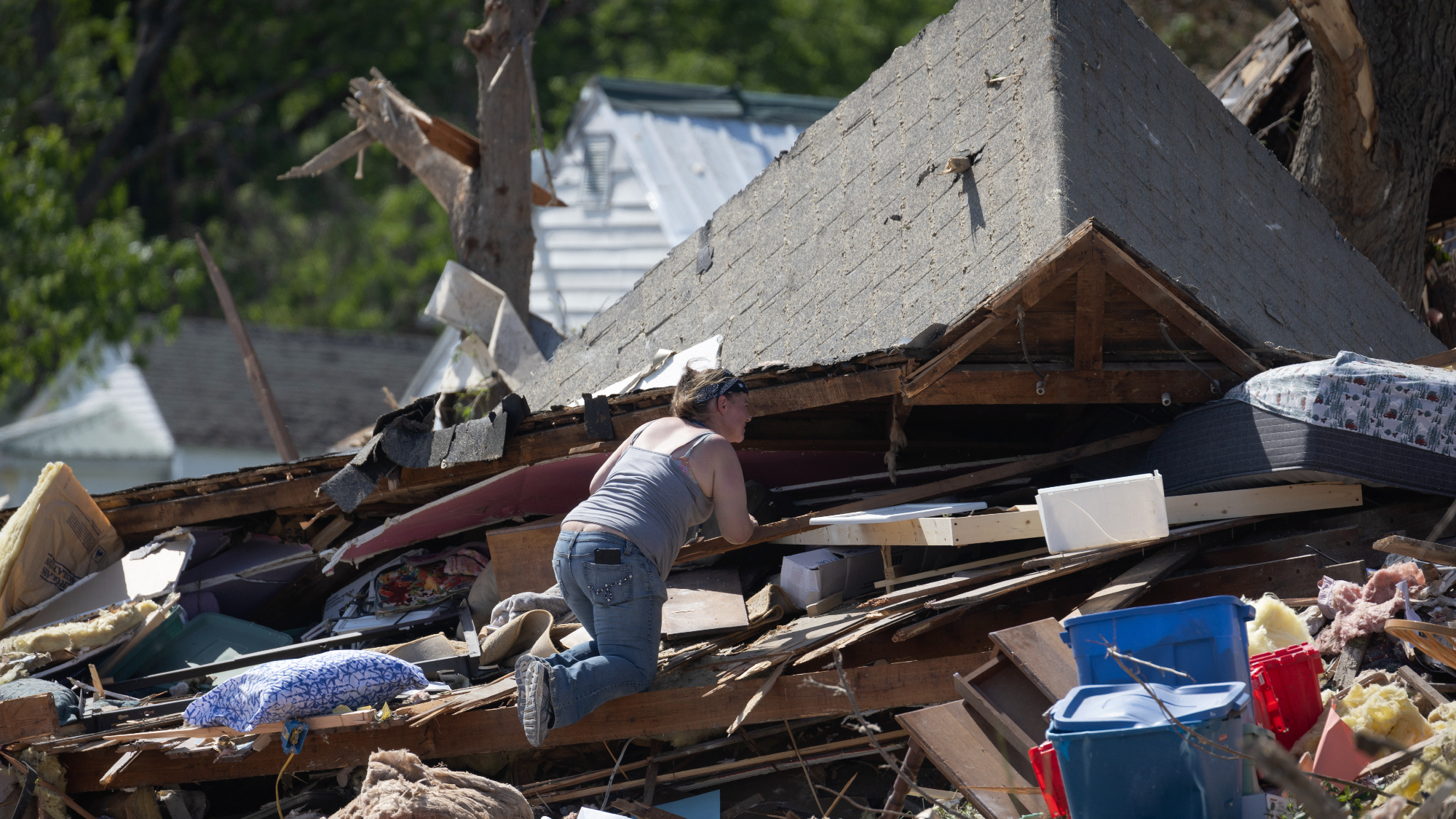 At least 23 dead in weekend of severe storms
At least 23 dead in weekend of severe stormsSpeed Read Extreme weather hit Texas, Kentucky, Oklahoma, Arkansas and Virginia hard
-
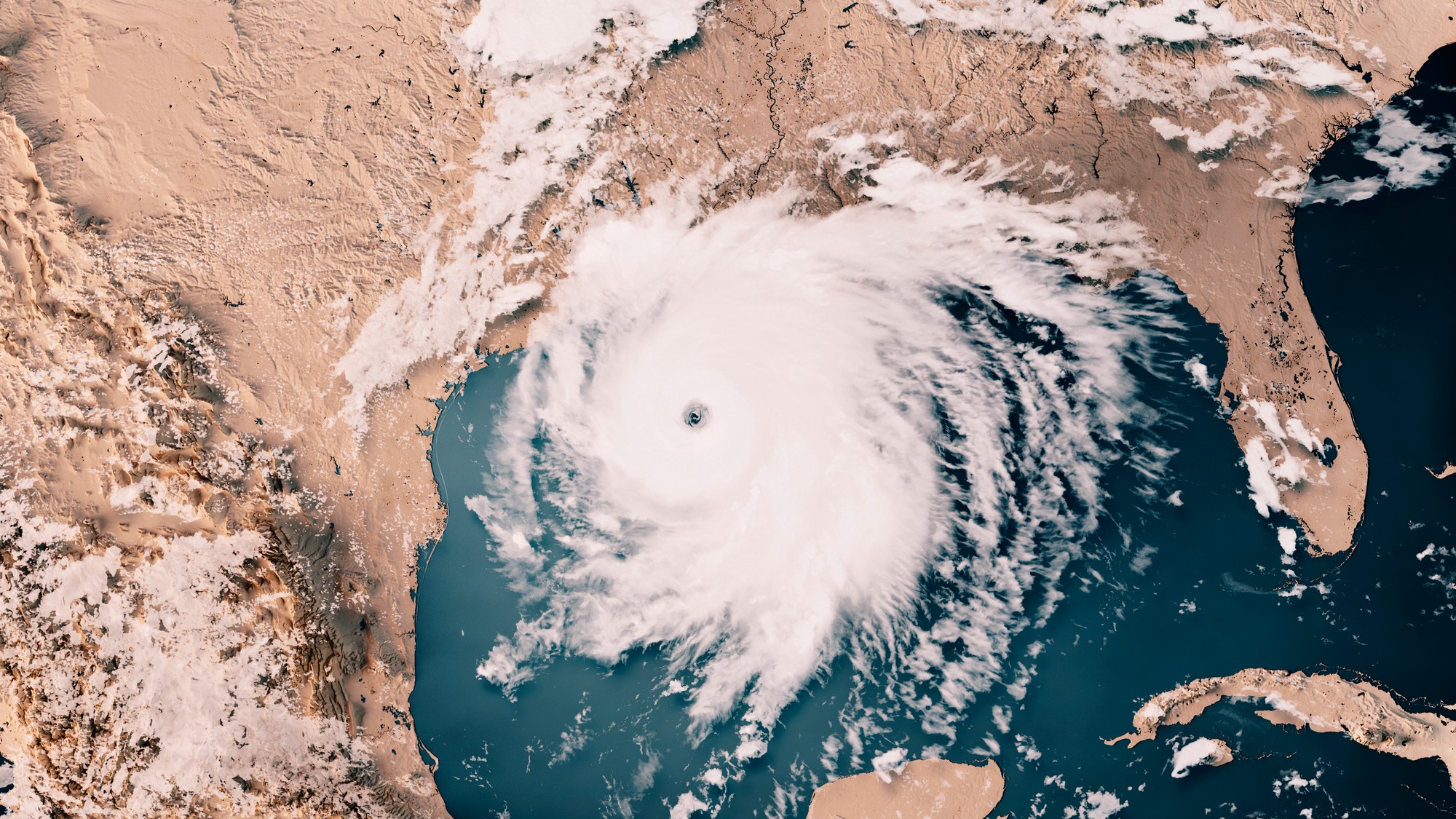 It might be time to add a new hurricane category
It might be time to add a new hurricane categoryUnder the Radar Any way the wind blows
-
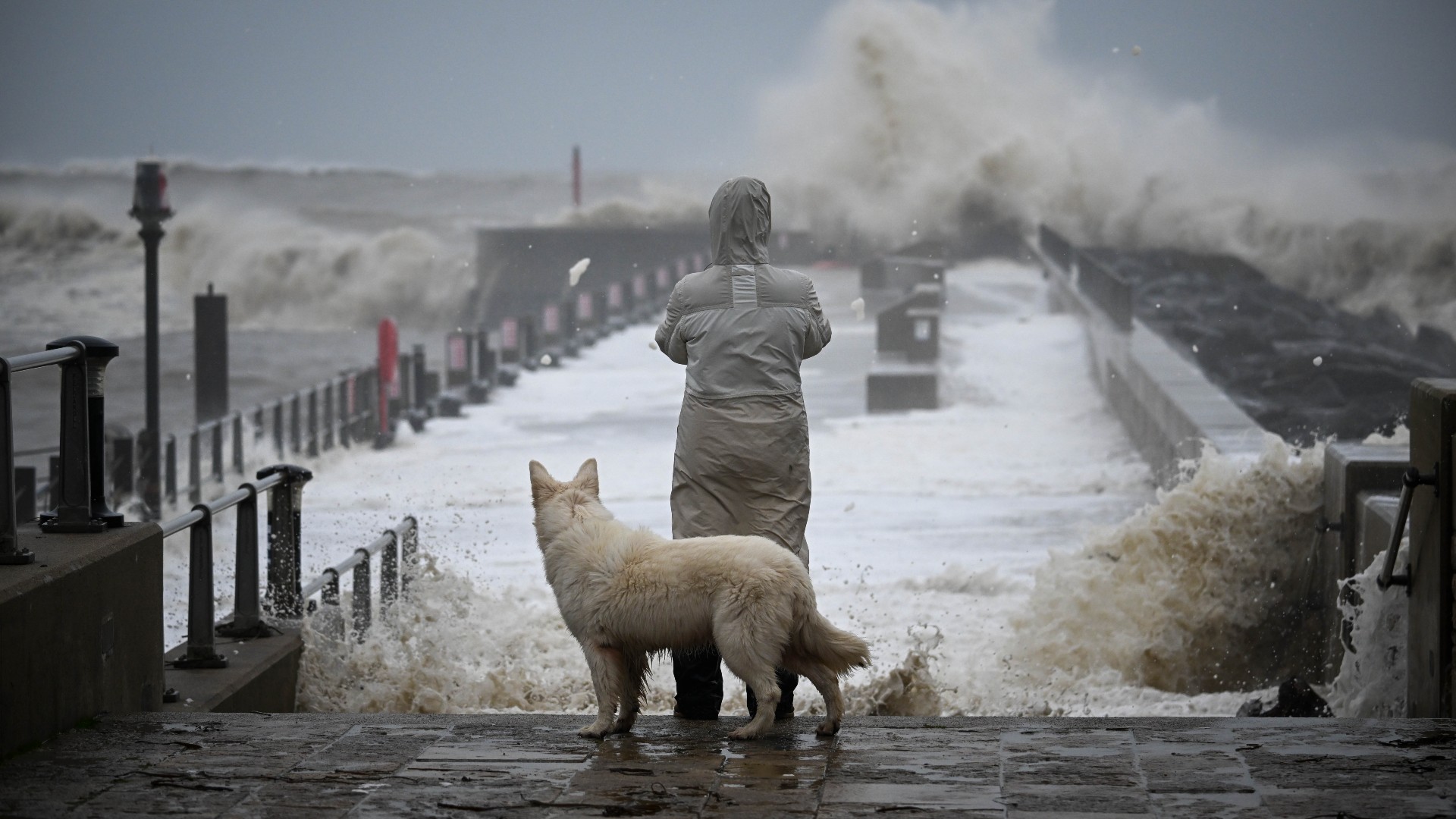 'Danger to life' warning as Storm Ciarán hits UK shores
'Danger to life' warning as Storm Ciarán hits UK shoresSpeed Read Schools closed and train, plane and car travel disrupted as Met Office issues weather warnings
-
 Why Biden is banning Alaska Arctic oil drilling now
Why Biden is banning Alaska Arctic oil drilling nowSpeed Read The Biden administration blocks drilling on pristine federal land in Arctic Alaska
-
 The new Cold War in the Arctic, explained
The new Cold War in the Arctic, explainedSpeed Read Climate change creates a new battleground for the U.S., Russia and China
-
 6 dead after rare Illinois dust storm causes highway pileup
6 dead after rare Illinois dust storm causes highway pileupSpeed Read
